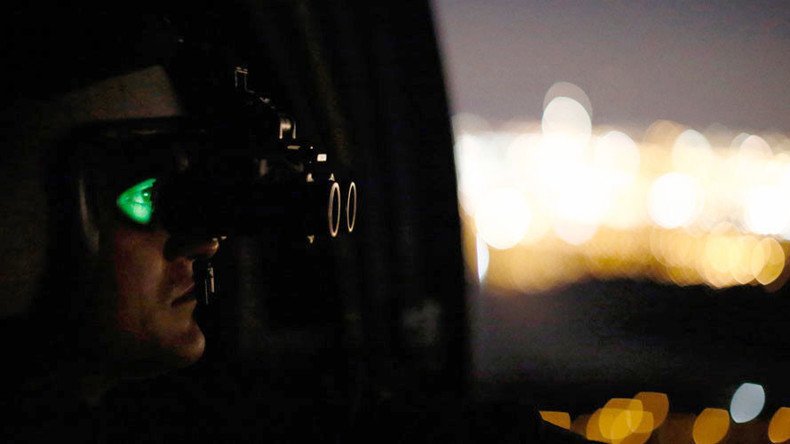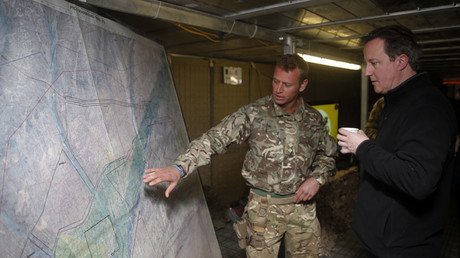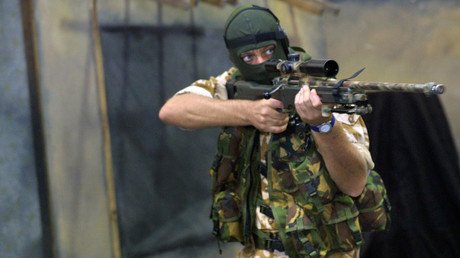UK embassies adopt war footing with expanded Defence Attaché scheme

British military personnel will be attached to embassies in increased numbers in line with a new policy of militarizing diplomatic missions, the Ministry of Defence has confirmed.
Recipient nations will include oil-rich former colony Nigeria, Gulf theocracy UAE, and Singapore, another one-time imperial possession in close proximity to the rising power of China.
A Defence Attaché is generally a military officer drawn from the middle or high commissioned ranks and attached to an embassy or diplomatic outpost.
The move comes after various reports in 2016 of defence attachés – known as DA’s – being accused of espionage and covert operations in locations as diverse as Russia and Yemen.
The expansion appears to mark a further foray into pursuing British military aims through means other than large operations, now out of fashion after the expensive, failed wars in Afghanistan and Iraq.
Barely reported in the UK press at the time, Defence Secretary Michael Fallon confirmed the creation of new regional British Defence Staffs (BDS) on December 12.
“Setting up new British Defence Staffs will broaden our global reach, support regional stability and security, and ensure greater cooperation with our partners,” Fallon said in a statement reported on military site Defence Web.
“Backed by a rising Defence budget, this shows Britain is stepping up across the world to keep us safe at home” he said.
The commitment was originally quietly made in the UK’s 2015 Strategic Security and Defence Review (SDSR) and was reported by RT in April 2016, after the plans emerged from a question put to Defence Minister Julian Brazier in the House of Commons.
Brazier said at the time that Britain’s growing defense budget had allowed it to “expand our defense attaché network, including new posts in Finland, Albania and Senegal.”
He said there would be increased DA cover in Gambia, Mali, and Niger, as well as deputy DA posts in Qatar, Latvia, Afghanistan, Lithuania, and Georgia.
Black ops?
Two notable incidents in recent times may shed light on the role of DA staff in projecting UK influence.
On April 7, a journalist for Vice News covering UK Special Forces operations in Yemen reported that the British military representative had gone “totally native” to win over the locals.
“The defense attaché of the British embassy was much more active than the American. He was meeting with everybody,” Khalid Ahmed al-Radhi, a contractor working with US forces, told Vice.
A former colleague described the Flashman-esque attaché as going “totally native. He was chewing khat [a stimulant plant] three or four days a week. But the Yemenis loved him for it.”
On March 16, UK DA to Moscow Carl Scott and his naval assistant, Ryan Coatalen-Hodgson, were caught photographing aircraft at a military base near Mozdok in Russia’s southern Caucasus region.
“It is routine for defense attaches to travel around their host countries in the course of their diplomatic duties. This is no different in Russia,” the UK Foreign Office told the BBC at the time.














